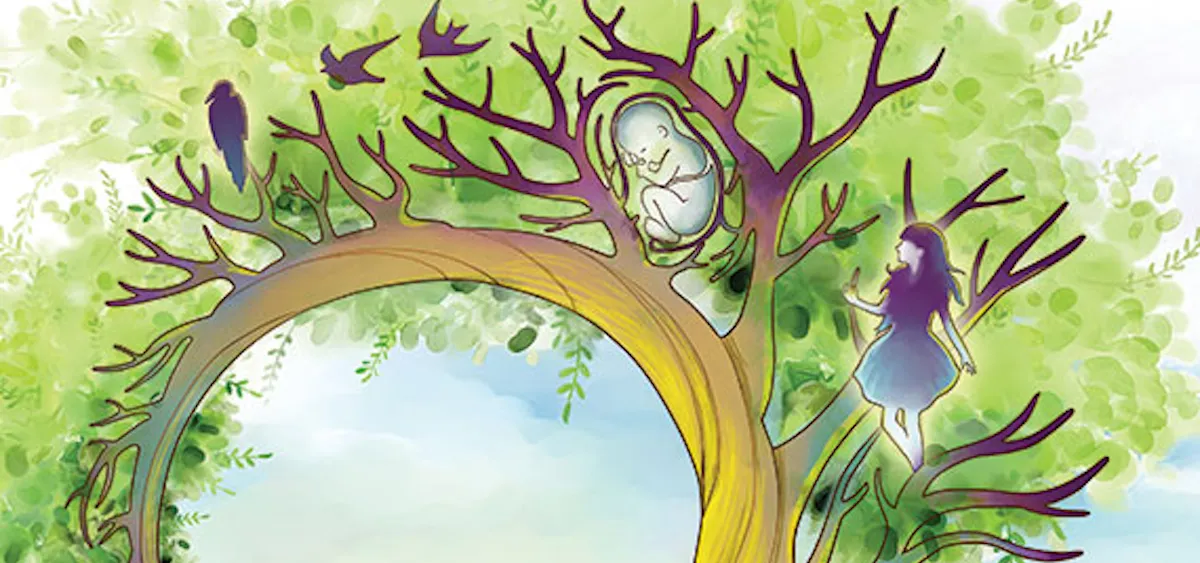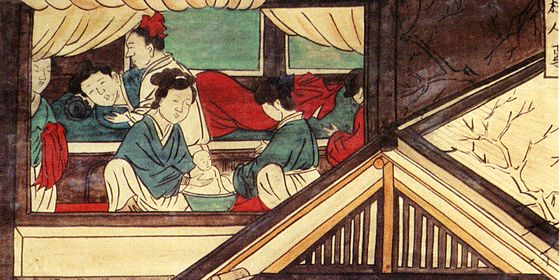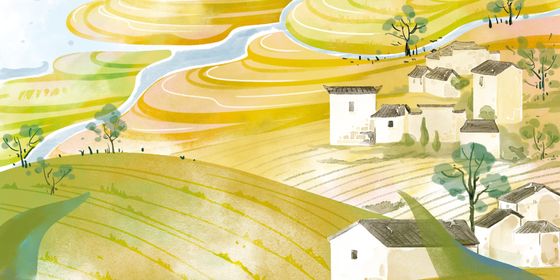It takes all sorts
Autumn rain poured down on 900 rural poor as they desperately prayed for it to stop. Escorted by two military officers, they were expected to arrive at Yuyang (northeast of present day Beijing) to serve as guards for the frontier of the Qin Empire (221 BCE – 206 BCE). Roads were flooded and they had lost all hope of making it on time. The punishment for tardiness was death, not an uncommon sentence under the rule of their ferocious emperor who moved nearly 15 percent of the empire’s entire population to build the Great Wall, a luxury palace, and a grand mausoleum.
Just as their bleak future began to set in, Chen Sheng (陈胜), a minor leader of the group, started to preach to his peers: “王侯将相,宁有种乎!” meaning, “Kings, lords, generals, and ministers, it’s not the noble breed that made them!” Such a statement was shocking, but it worked. This group of poor peasants became rebels and Chen became China’s own Spartacus. Though ultimately defeated, Chen’s famous slogan rang across the country, inspiring thousands upon thousands of repressed to join the rebellion, which weakened the rule of the Qin that would crumble three years later.
This historical tale leads us to our character of the day, 种, which has several pronunciations and meanings. When pronounced zhǒng, as in the tale, it means “breed, seed, or species”; when it’s pronounced zhòng, it means “to plant, sow”. On the left side, the 禾 (hé, standing grain, especially rice) represents its relationship to plants. The right radical 中 (zhōng) was in its traditional form 重 (zhòng) but has since been simplified; In both case: it represents the character’s pronunciation.
The original meaning of 种 (zhòng) is “to sow, grow, plant, and cultivate”: 种花 (zhònghuā, to plant flowers); 种菜 (zhòngcài, to plant vegetables); 种田 (zhòngtián, to cultivate the field). The next time you plant something, here’s some musing on karma for your garden: 种瓜得瓜,种豆得豆 (zhòng guā dé guā, zhòng dòu dé dòu. Plant melons, you get melons; sow beans, you get beans; as you sow, so will you reap).
Sometimes, the return can be long-term, as in the idiom 前人种树,后人乘凉 (qiánrén zhòng shù, hòurén chéngliáng. While earlier generations plant the trees, posterity will enjoy the shade).
种 can also be used in situations other than farming; for instance, to have a dental implant is 种牙 (zhòngyá); to have a vaccination is 接种疫苗 (jiēzhòng yìmiáo), or 种疫苗 (zhòng yìmiáo) for short. You can also “plant” something abstract, such as in the overly dramatic case of 你在我的心里种下 了爱情,我在你的心里种下的是仇恨。(Nǐ zài wǒ de xīnli zhòngxiàle àiqíng, wǒ zài nǐ de xīnli zhòngxià de shì chóuhèn.) Or, “You plant love in my heart, but what I have planted in your heart is hatred.”
As mentioned before, when 种 is pronounced with the third tone, as in zhǒng, it turns into a noun. For example, you have 种子 (zhǒngzi, seeds) and 花种 (huāzhǒng, flower seeds). Seeds can also be figurative, such as a seeded player, or 种子选手 (zhǒngzi xuánshǒu), and a seeded team, or 种子队 (zhǒngziduì).
Although originally connected with plants, the character can also generally refer to animals and people to mean species, or 物种 (wùzhǒng). When it comes to race, the word to use is 种族 (zhǒngzú), more academically known as 人种 (rénzhǒng).
When a species dies out, which is sadly all too often these days, it’s called 绝种 (juézhǒng). For instance, 科学家在研究恐龙为什么会 绝种。(Kēxuéjiā zài yánjiū kǒnglóng wèi shénme huì juézhǒng. Scientists are researching why dinosaurs went extinct.)
Also, as you might imagine, the character is also involved in quite a few insults. Calling someone a 孬种 (nāozhǒng) is to say they have no guts, a coward. In a confrontation, you will probably hear the aggressive provocation, 有种的站出来!(Yóuzhǒng de zhàn chūlái!), or “Let anyone who has guts step forward!”
种 can also typify subjects, meaning “kind, style, sort, and type” as in 种类 (zhǒnglèi). For any special type, use the word 特种 (tèzhǒng), such as 特种部队 (tèzhǒng bùduì, special force). The character is also a measure word, for instance, 汉语是一种美丽的语言 (Hànyǔ shì yī zhǒng měilì de yǔyán), which means “Chinese is a type of beautiful language.”
From plants, animals, people, and more, 种 is a testament to the colorful world in which we live.
“On The Character: 种” is a story from our newest issue, “Agriculture”. To read the entire issue, become a subscriber and receive the full magazine. Alternatively, you can purchase the digital version from the iTunes Store.












